Timely prevention and reduction of overweight and obesity
The draft Law on Special Consumption Tax (amended) was discussed by the National Assembly in the hall during the working session this morning, May 9, 2025.
According to the draft, the Ministry of Finance proposes to add sugary soft drinks according to Vietnamese Standards with sugar content above 5g/100ml to the list of subjects subject to special consumption tax at a tax rate of 10%.
This regulation aims to promptly prevent and reduce the alarming situation of overweight and obesity in children and adolescents, raise awareness and limit the consumption of sugary soft drinks, bringing benefits to public health, especially among young people.
According to the roadmap for taxing soft drinks according to Vietnamese standards, from 2027, the tax rate for this item will be 8% and from 2028 it will be 10%.
In addition to sugary soft drinks, alcohol, beer and tobacco are also expected to be subject to special consumption tax. In particular, for alcohol above 20 degrees and beer, the tax rate is proposed to increase annually, increasing by 5% each year. Specifically, from 2027 to 2031, the tax rate for this item will increase from 70% to 90%.
Discussing at the meeting hall, delegate Nguyen Thi Yen Nhi ( Ben Tre ) expressed her agreement with adding subjects subject to special consumption tax to guide people's consumption behavior, especially the alarming obesity situation among the young generation.
However, National Assembly member Nguyen Thi Yen Nhi said that the taxable subjects for beverage products containing sugar content over 5g/100ml also need a roadmap.
For natural fruit juice products such as coconut water - a completely natural drink containing many minerals that are good for health, according to the delegate from the coconut land of Ben Tre, this is a product that can be chosen as a better alternative to sugary soft drinks and bottled drinks containing a lot of sugar. Therefore, it is necessary to exclude natural fruit drinks, including coconut water, from the subject of special consumption tax.
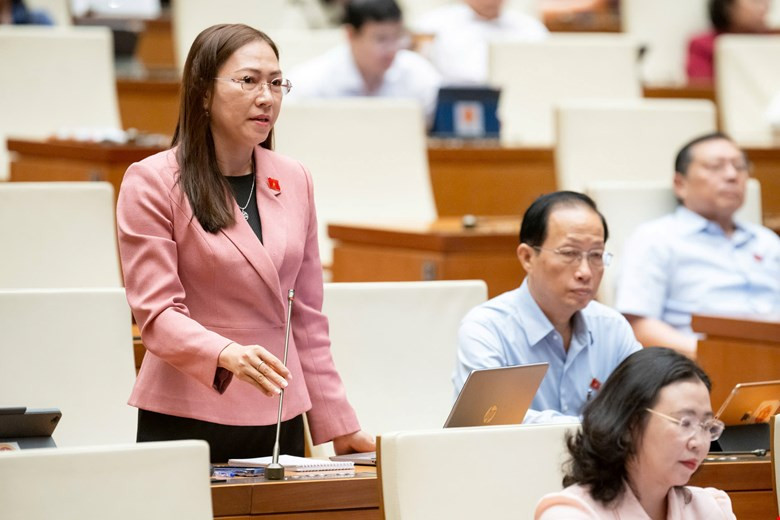
According to National Assembly Deputy Duong Khac Mai (Dak Nong), imposing taxes with a roadmap towards increasing taxes on alcohol, beer, tobacco, and soft drinks with sugar content over 5g/100ml is completely appropriate.
However, in addition to the positive aspect of reducing the demand for unhealthy products, imposing special consumption tax on these products also has the limitation of affecting many subjects, from sugarcane farmers to direct production workers and supporting industries.
Therefore, Mr. Mai suggested that the Government pay attention to researching and issuing appropriate support policies for affected workers.
Expressing his full support for increasing the excise tax on alcohol and beer, Mr. Duong Khac Mai said: “The use of alcohol and beer causes serious social consequences such as traffic accidents, domestic violence, loss of social order and security, and many related diseases. To limit the above problems, I agree with the imposition of excise tax according to the specific tax rate roadmap of the draft law.”
Mr. Mai also proposed adding objects not subject to special consumption tax, including products such as helicopters and gliders used for rescue and ambulance purposes.
In addition, two-wheeled and three-wheeled motorcycles with a cylinder capacity of 125cc or more used for national security and defense purposes should also be exempted from special consumption tax.
The delegate expressed his agreement with the drafting agency in not applying special consumption tax to air conditioners with a capacity of 18,000 BTU or less. However, he said that this capacity level only meets the consumption needs of individuals and households, not places like schools and hospitals.
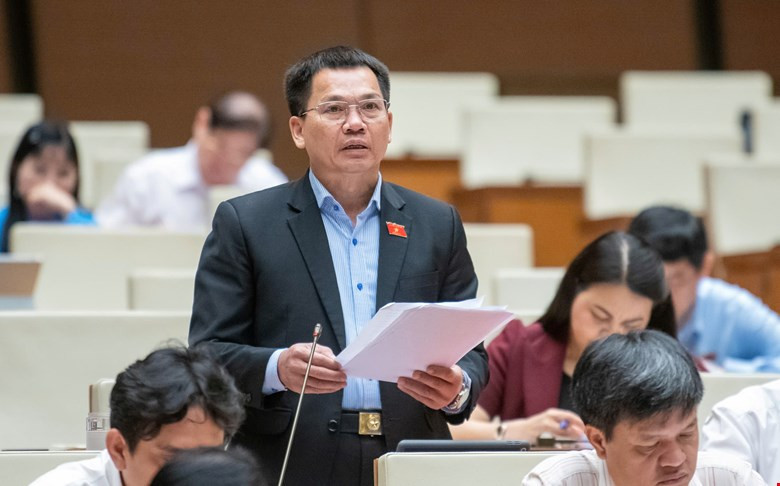
Proposal to impose special consumption tax on plastic bags
According to delegate Pham Van Hoa (Dong Thap), special consumption tax should also be applied to plastic consumer products, especially nylon bags.
“The market is flooded with plastic products (nylon bags) but the draft does not include this item in the taxable category,” said Mr. Hoa.
Delegate Hoa also said that nowadays, not only sugary soft drinks cause obesity, but also many other products, typically milk tea and candy, are being sold widely and consumed by both adults and children.
Agreeing with the above opinion, delegate Nguyen Minh Tam (Quang Binh) said that disposable plastic products, including nylon bags, cause serious environmental pollution.
“Although the press has communicated a lot about the harmful effects of plastic bags on the environment as well as the health of consumers. However, the consumption of plastic bags is still popular. Therefore, it is necessary to impose special consumption tax on this item to gradually change people's consumption habits, contributing to reducing waste that pollutes the environment,” said delegate Nguyen Minh Tam.
Minister of Finance: Coconut water is not subject to tax
Explaining to the National Assembly, Minister of Finance Nguyen Van Thang affirmed that there are now clear grounds to consider taxing beverages with sugar content of more than 5g/100ml.
Minister Thang cited that the World Health Organization (WHO) recommends that Vietnam consumes high sugar drinks, leading to the risk of obesity and overweight. WHO recommends applying a minimum excise tax of 20% in all countries, not just Vietnam. Currently, 107 countries have imposed excise tax on this item. In ASEAN, 7 countries have imposed the tax.
“I think we should have taxed earlier. We can’t wait until our children are obese and sick before we start taxing them,” the Finance Minister said.
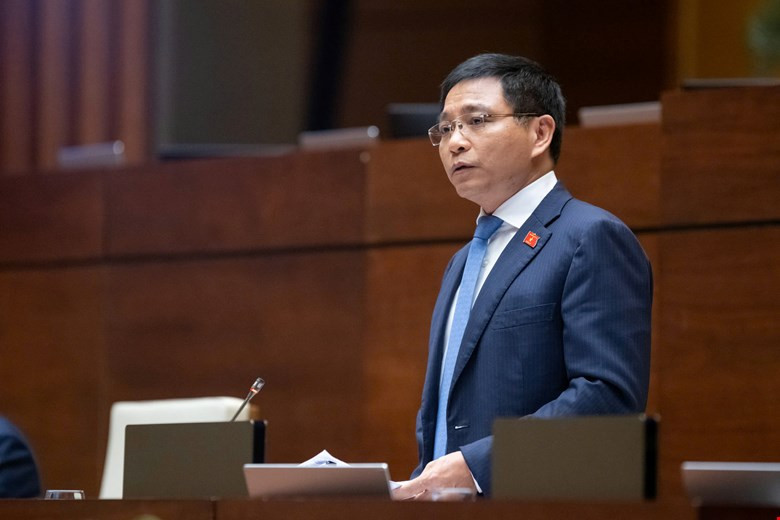
According to the Minister, according to national standards on soft drinks, coconut water is not subject to special consumption tax.
Regarding the proposal to increase the capacity of air conditioners subject to special consumption tax, instead of 18,000 - 90,000 BTU as the drafting committee's viewpoint, the Minister said he would consider this proposal.
Regarding plastic bags, the Minister of Finance said that this item is currently subject to the highest environmental protection fee. The Ministry of Finance will consider whether it is necessary to use higher sanctions, i.e. taxes, or not.
Source: https://vietnamnet.vn/bo-truong-tai-chinh-khong-the-de-the-he-con-em-chung-ta-beo-phi-thua-can-2399367.html


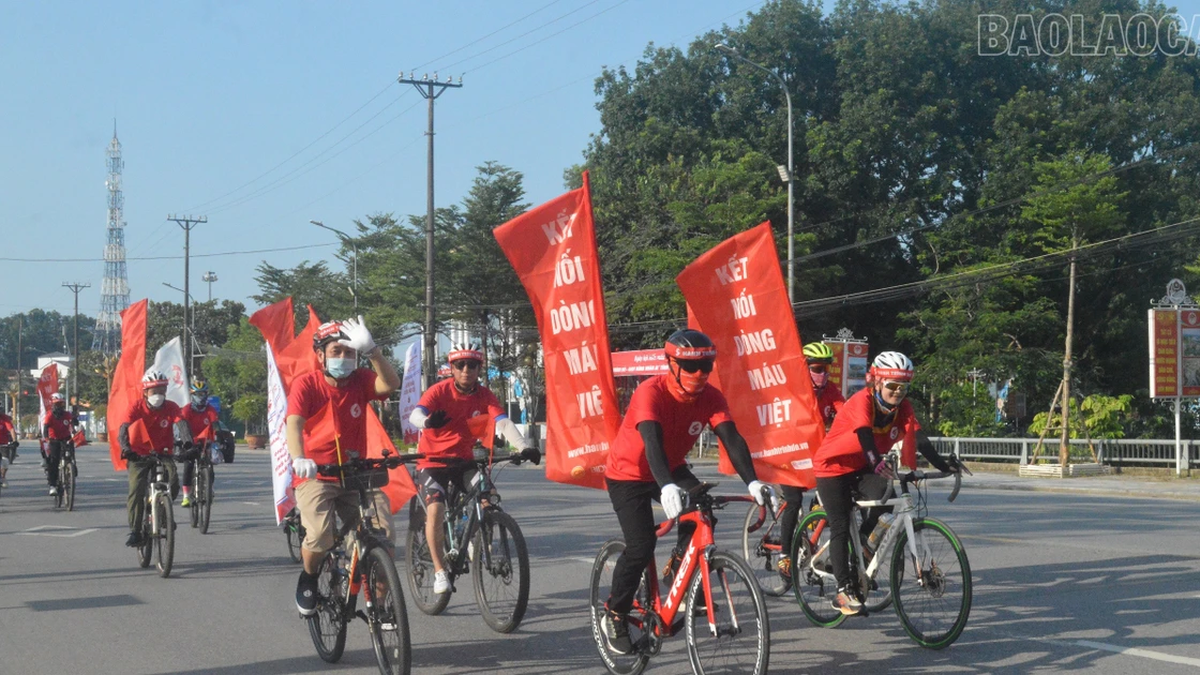
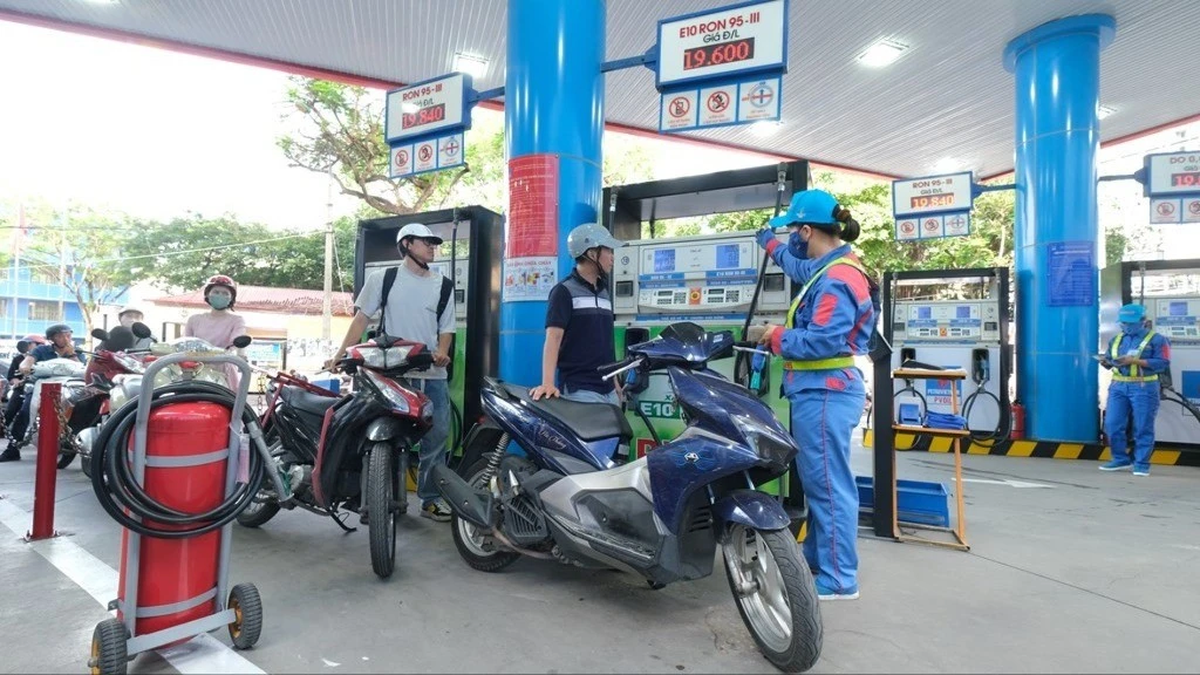



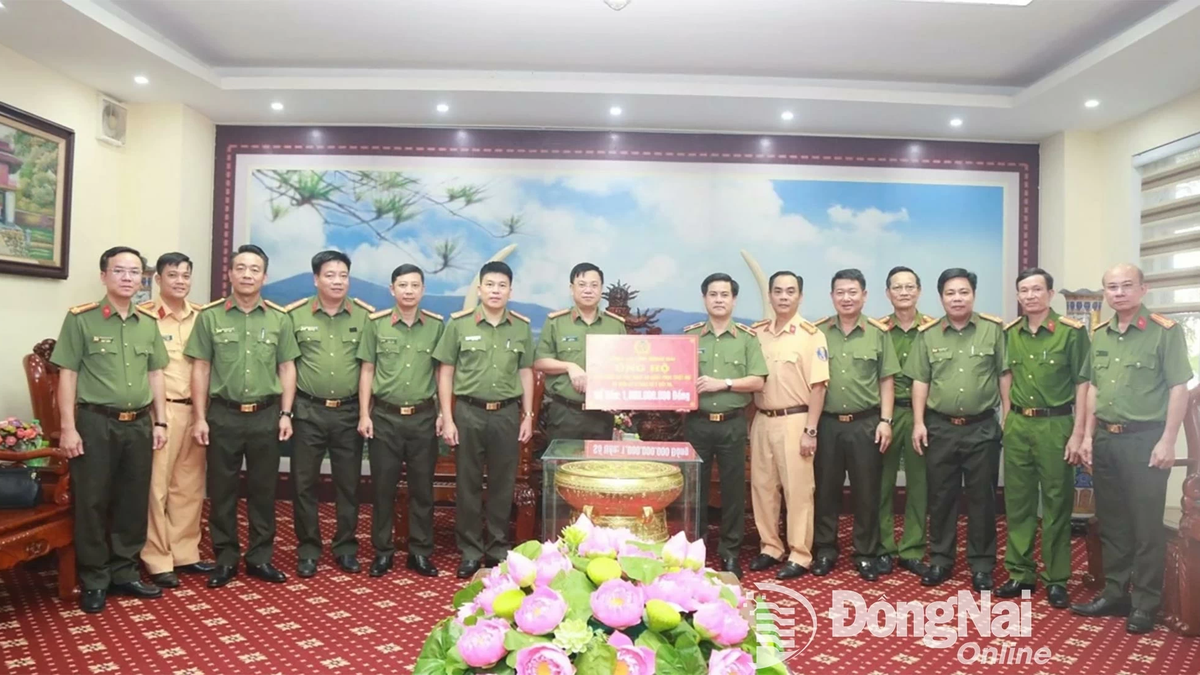


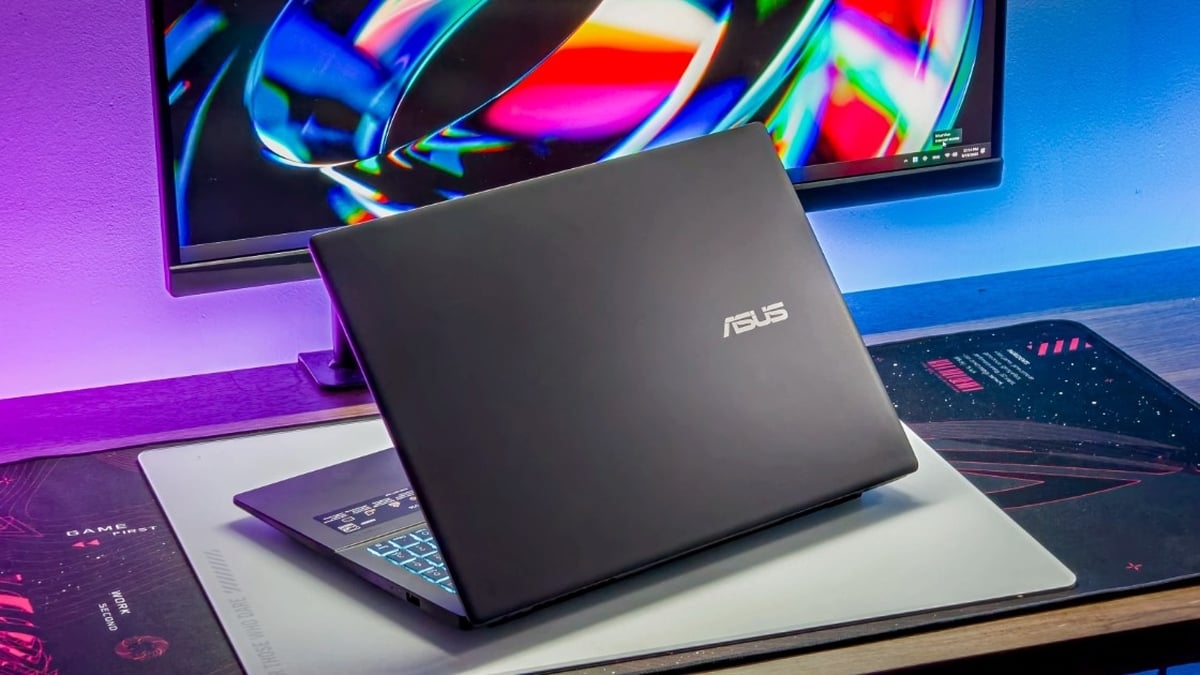






















































































Comment (0)